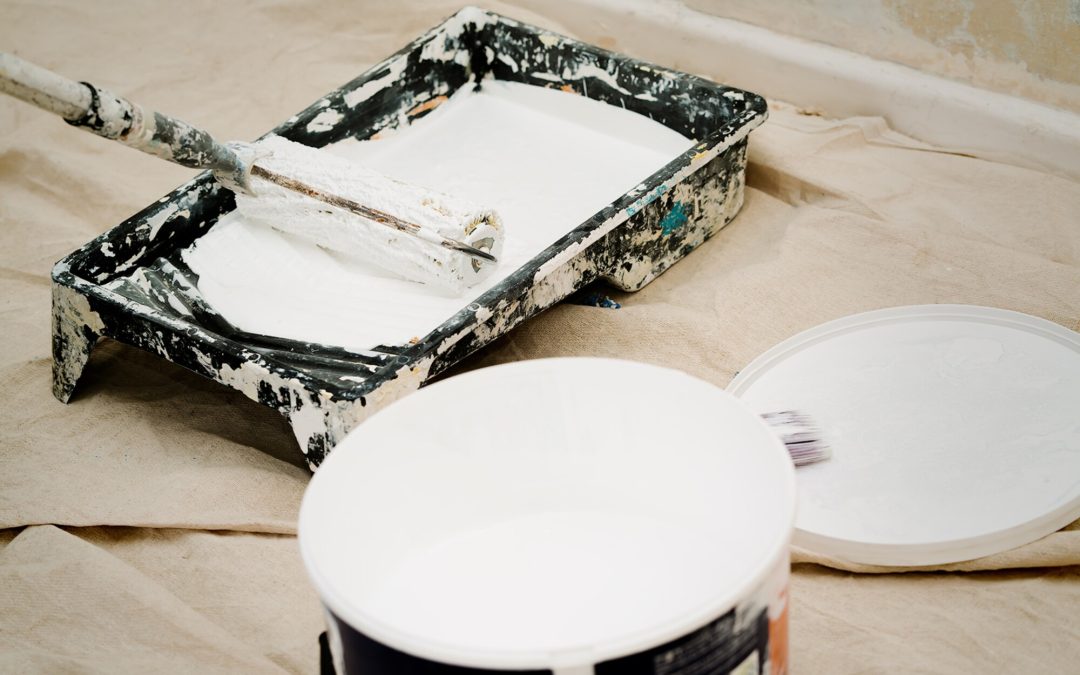The residential sector is by far the most dominant player in the growth of the $5.8 billion floor coatings market, although these materials play a role in the automotive, medical, textile, and medical industries, too.
Concrete floor coatings are prevalent in home renovations, where they serve to protect work areas like laundries, home gyms, and garages.
Are you eager to explore the benefits of coating your garage floor? Keep reading to discover the pros and cons of the top-selling garage floor coatings.
1. Epoxy Garage Floor Coatings
Ever popular, epoxy dominates the floor coatings industry, with 40.4% of the market share. Affordability is the major driver behind the success of these coatings, but are they the best solution for garage floors?
Epoxy is a functional and attractive garage floor coating that offers both matte and high-shine options. It can help renew your garage floor, but it’s prone to peeling and wearing down, so it’s not a long-term solution.
For best results, you should apply epoxy floor coatings at temperatures above 55°F.
It takes between 24 hours and seven days for an epoxy floor to cure sufficiently for you to walk or drive on it, and you’ll need to replace your epoxy floor coating every five to ten years.
2. Polyaspartic Floor Coating Systems
Polyaspartic floor coatings are ready for use in around eight hours and offer customized color solutions for your garage floor. You can also polish the top coat to achieve an appealing shine.
This durable floor coating resists UV damage, abrasions, and chemicals and can last for up to 20 years. Acid can corrode your polyaspartic floor coating.
These coatings are more expensive than epoxy coatings due to the two-step application procedure and the high cost of the materials. Other drawbacks include limited color options and susceptibility to moisture during the application process.
Polyaspartic floor coatings can be slippery when they’re wet.
3. Polyurea Garage Floor Coating Systems
Polyurea shares a few similarities with polyaspartic. These floor coatings are thinner than polyaspartic coatings for optimum concrete penetration and cure very quickly to eliminate the formation of bubbles.
Like polyaspartic, these concrete coatings have two or three layers.
The top layer resists moisture to guard against water damage and is resistant to extreme temperatures. Polyurea floors don’t yellow or fade when exposed to sunlight like epoxy does.
These attractive finishes come in a variety of attractive colors and designs, resist stains and scrapes, and are impervious to most chemicals. This means you’ll need to ensure your concrete floor is dry before you apply this coating.
During applications, both polyurea and polyaspartic coatings aren’t as temperature-sensitive as epoxy, with an ideal installation temperature range of -30°F to 140°F.
Upgrade Your Garage Floor Today
When it comes to garage floor coatings, anything is better than nothing. Yet, it makes sense to invest in the most durable, low-maintenance type of coating at the outset.
Polyurea floor coatings can last for decades with minimal care, and they’re ready for use within a few hours of application.
Browse our website to explore what we have to offer and get in touch for expert assistance with polyurea garage floor coatings in Oklahoma City.
